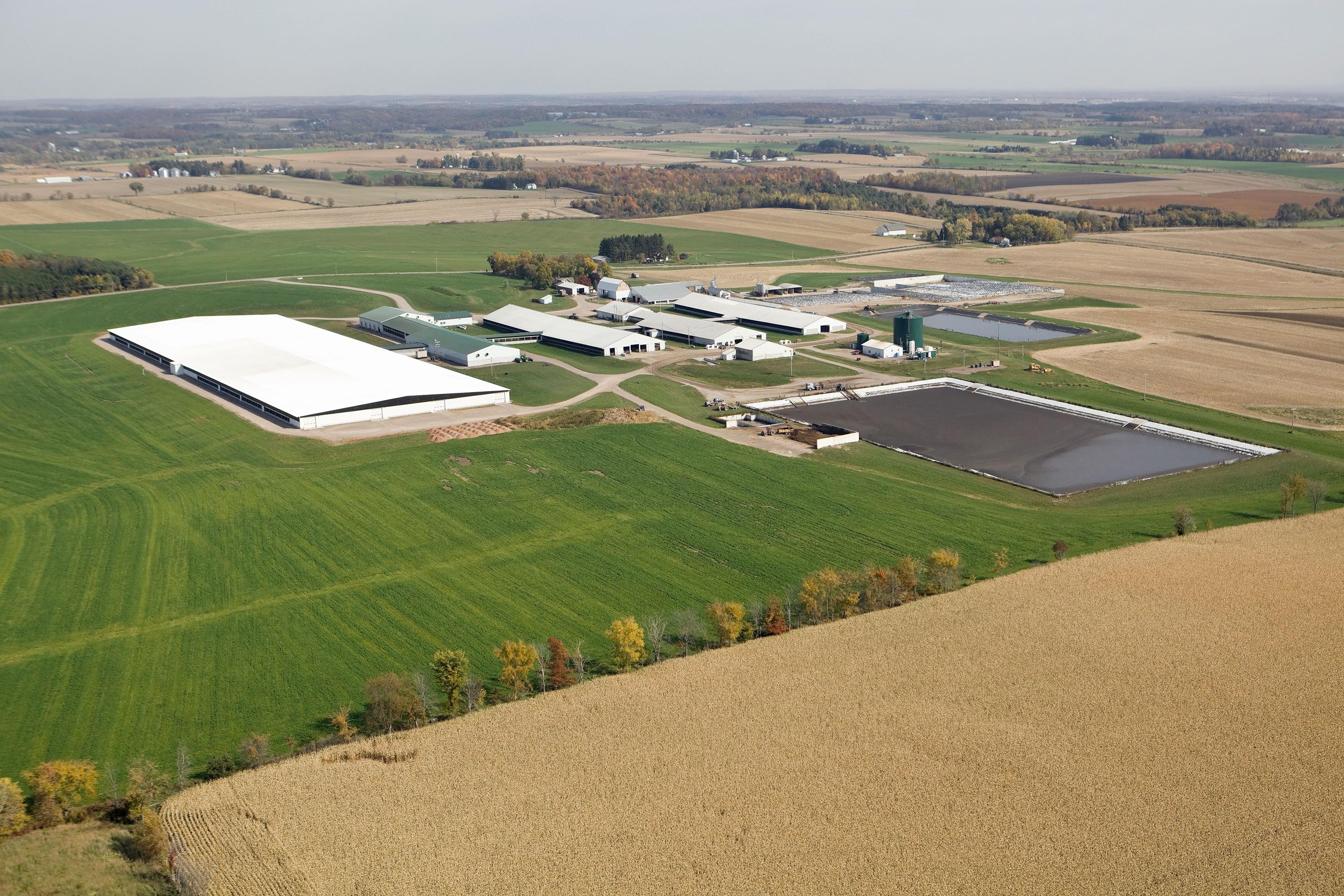People will argue that economies of scale are the determining factor for which farms will succeed and which will fail. Is this what you believe?
Let’s look at this a different way. You give me a farm that is worth $40 million in assets, and you give me a farm that’s worth $5 million in assets.
On that $40 million farm, they have a slight competitive advantage where they can shave a few percentage points off their input purchases or can afford technology like GPS, which provides a slight edge in efficiencies. Yet it takes people to make technology and capital work, right? There are a lot of large farms that own technology with all the bells and whistles, yet the operators haven’t bothered to read the manual, and they never realize the advantages of this technology. Instead of shopping around, they buy inputs from old friends because it is easy, not because it’s the best deal or best decision. They are stubborn and don’t want to change because it has “always been done this way.”
Let’s compare that $5 million farm and that $40 million farm. Both are looked at by their neighbors as good Christian farm families that are efficient operators. But the reality is that behind the barn, they both struggle working with family and dread going to work each morning.
Now, let’s say that the partners of the $40 million farm read this article and don’t change. Their family refuses to evolve. They are stubborn but not in a good way. They arrogantly feel that they are good enough and don’t personally need to change. They blame each other for their farm’s failures, and when that doesn’t work, they also blame the salesman, markets or the government. They blame everyone but themselves. They are stubborn with the world and not themselves.
But the $5 million farm has a life-altering moment and this week makes a big decision to change how they embrace change. Instead of expecting the world to change around them, they change from the inside out. They collectively (not just one person) decide that they need to stop being stubborn with each other and start becoming more stubborn at turning bad habits into good habits in order to become more successful. Their measure of success isn’t just farm profit but also how they treat one another and work together as a team.
They view farming not as a challenge but as a challenge to become a better person. They recognize that the family farm can either be hell on earth or a version close to heaven on earth, depending on what type of stubborn you become.
Ask yourself:
- Which family is going to be able to make decisions together to squeeze out more efficiency so it’s viable when the markets hit a slump or interest rates skyrocket?
- Which family is able to do succession successfully?
- Which farm do you want to work on?
Which type of stubborn family is your family today, and what type of family do you need to become by the end of 2023 in order to survive and thrive?







